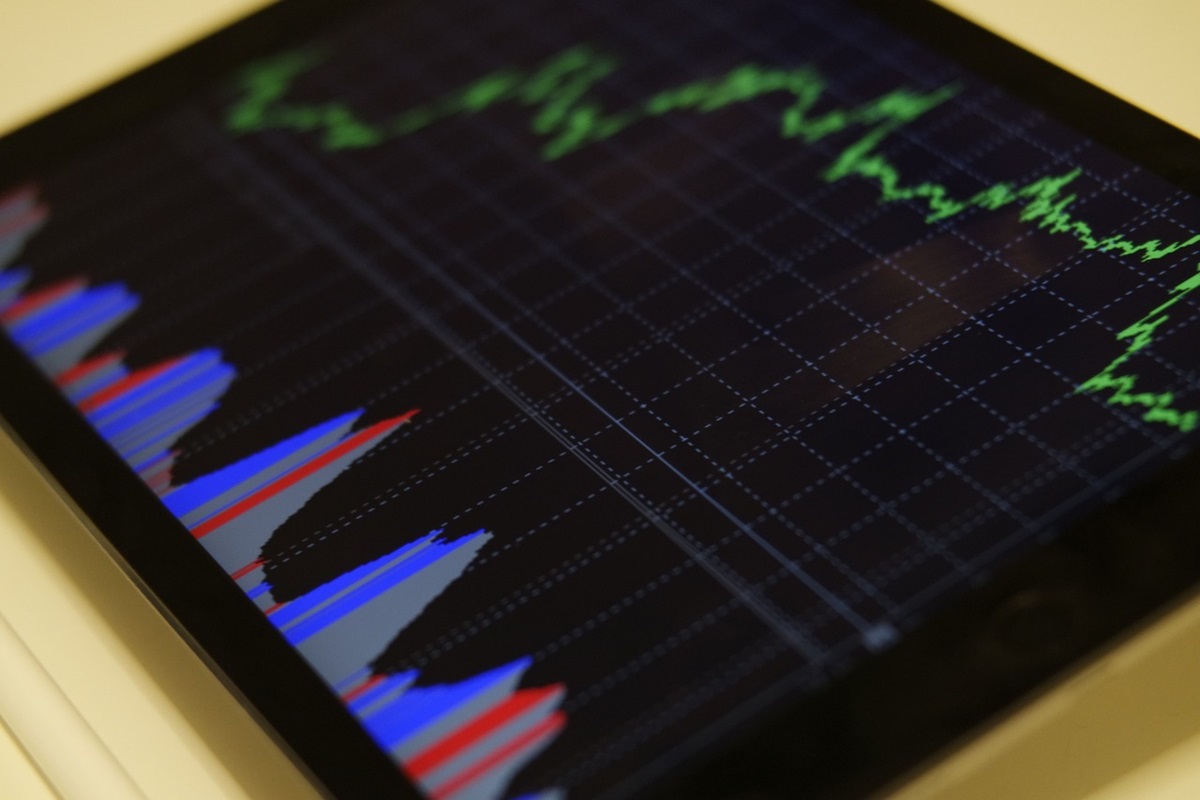Atlanta Fed President Raphael Bostic described the most likely, in his opinion, trajectory of the inflationary process in the United States in the current year as slow and bumpy.

The mentioned assessment of the prospects is a kind of signal that one should not place high hopes on lowering interest rates in the United States in the next few months.
The Atlanta Fed President, who is voting for the policy decisions of the Federal Open Market Committee this year, during a conversation with media representatives said that he expected the inflation rate in the US, currently about 3%, to be about 2% by the end of 2024.
Commenting on the prospects for lowering interest rates, which are currently fixed at a 23-year high, Raphael Bostic said that, in his opinion, the first step in the appropriate direction will most likely be taken in the summer. He also noted the simultaneous surprise and joy about the strength of the American labor market.
The January monthly report on employment in the United States became somewhat of a sensation for economists. In the country 353,000 new jobs were added, significantly exceeding expectations. Currently, the unemployment rate in the United States is less than 4%. The corresponding indicator has been fixed for 24 months in a row.
Raphael Bostic says that the prospects for a slowdown in inflation to 2% depend on which factors will be the basis of the relevant dynamic. According to him, the current economic conditions could work against Americans and will keep the cost of goods and services at a high level. He noted that with low unemployment, people will have more money that they can spend, which will become a kind of facilitating factor for businesses to raise prices.
Since the Fed’s first policy meeting in 2024, officials have been working together. In this case, the goal was to temper market expectations about the timing of interest rate cuts. Before the start of the mentioned meeting, most investors predicted or to some extent agreed with forecasts that the Fed would decide to ease monetary policy as early as March.
The mood in the public space changed dramatically after the official statement that US central bank officials do not foresee any reason to lower interest rates until stable confidence is formed that the dynamic of inflation has a sustainable vector of movement towards the target of 2%.
Fed Chairman Jerome Powell confirmed the specified statement. According to him, it is unlikely that the mentioned confidence will be formed before the March meeting. He said this in February during a conversation with journalists. Jerome Powell also confirmed the corresponding forecast at a press conference, after which a downturn was recorded in the markets.
Raphael Bostic’s opinion on the most favorable moment to decide on lowering interest rates differs from the expectations of most Fed officials. His point of view on this issue is largely consistent with the current market sentiment. Fed officials expect three interest rate cuts in 2024. The relevant opinions are contained in their latest Summary of Economic Projections, which was published at the end of the backward year.
Raphael Bostic claimed in 2023 that interest rate cuts would not begin until the fourth quarter of 2024. Against the background of inflation approaching the target of 2%, he revised his forecast. Raphael Bostic noted that in case of further implementation of the corresponding dynamic, he would be open to pulling it forward more.
The Atlanta Fed President stated that he needed more data to confirm that the current state of affairs is not a fake, but belongs to the category of what is really enduring robust, and true in terms of reflecting the state of the economic system. Raphael Bostic noted that it may take months before receiving evidence that is the answer to the mentioned question. Separately, he stated that this is not a TikTok video or something like that, where trends change quickly. According to him, it takes some time for the decisions of individuals and millions of people to come together and start creating trends.
At the same time, significant risks will arise if the Fed leaves interest rates at the current level for too long. This decision, against the background of a continued slowdown in inflation, could end up keeping the economy on too tight a leash.
By the end of 2023, consumer prices in the United States increased by 3.4% year-on-year. Economists expect the overall annual inflation rate, as measured by the consumer price index, to drop to 2.9% compared with the December figure. The corresponding forecast is contained in the consensus estimates of FactSet. Excluding the cost of food and energy, so-called core inflation is expected to decline much more slowly, to 3.7%.
Raphael Bostic says he is receiving assurances that the Fed is on the right track. According to him, the relevant confirmations are formed following meetings with business owners and people living in his district, which includes Alabama, Georgia, Florida, and also some locations of Mississippi, Tennessee, and Louisiana. Raphael Bostic said he was surprised by how comfortable Americans are with the current economic conditions. He also noted that people positively assess the prospects of the future.
At the same time, Raphael Bostic is aware of the negative impact of high prices. The Atlanta Fed President noted that he also goes to the grocery store and buys gasoline like everybody else. Raphael Bostic emphasized that Fed officials do not live in an ivory tower, thinking abstractly about things.
As we have reported earlier, US Economy Demonstrates Growth.









